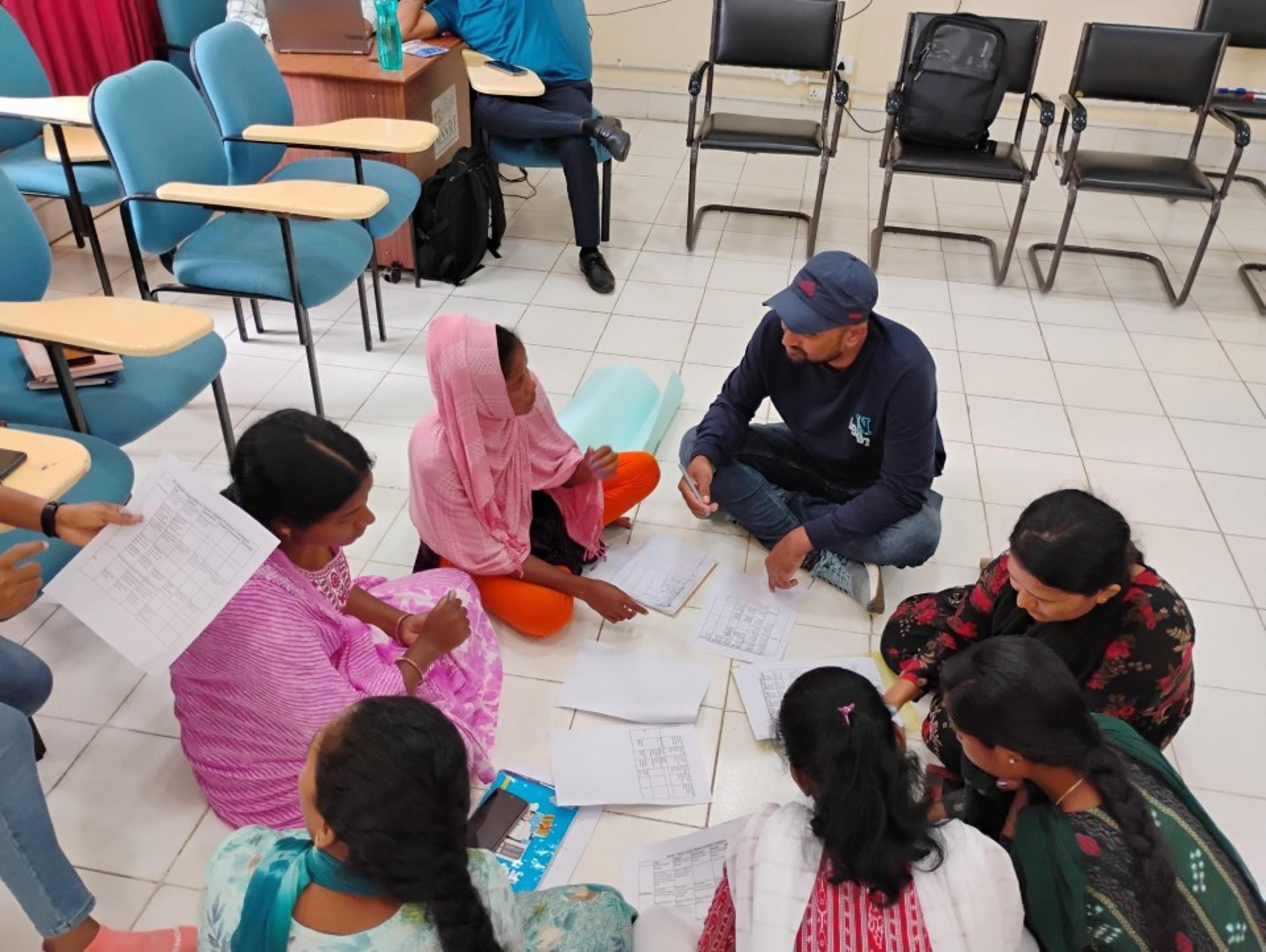
17.08.25
Training on Financial Record Keeping Strengthens Producer Company Operations
The IoFE team conducted a comprehensive one-day training on financial record keeping and documentation for Producer Companies on August 16, 2025, at the Extension Training Centre in Keonjhar. The training brought together Field Assistants and District Coordinators from Keonjhar and Mayurbhanj districts under the Sulabha Initiative.
The training addressed a critical need for standardized financial documentation systems within community-led forest-based enterprises. As Producer Companies scale their operations and handle increasing transaction volumes, maintaining accurate and systematic records becomes essential for transparency, accountability, and long-term sustainability.
Training Objectives
The session focused on three core objectives: understanding the complete lifecycle of business transactions from procurement to sale, establishing standard procedures for record maintenance, and familiarizing participants with essential documentation formats required for proper financial management.
Key Documentation Systems Introduced
Purchase and Sales Documentation: Participants learned to prepare day-wise sale receipts and purchase abstract sheets that capture essential transaction details, including aggregator names, quantities, rates, amounts, payment modes, and dates. This foundational documentation enables accurate tracking of all material flows through the Producer Companies.
Stock Management Systems: The training introduced a comprehensive Purchase Stock Register format that tracks inventory movements, including quantities received, issued, and current balance. Participants were guided through the process of making stock entries and the importance of Stock Entry Certification before processing payments to ensure accountability in the supply chain.
Financial Transaction Recording: Three types of vouchers form the backbone of financial record keeping:
Payment Vouchers document all outgoing payments, whether made in cash or through cheques, providing a clear audit trail for expenditures
Receipt Vouchers record all incoming funds, ensuring that every rupee received is properly documented
Contra Vouchers track cash movements between bank accounts and cash on hand, maintaining clarity on liquidity management
Operational Registers: The training covered several specialized registers that support smooth Producer Company operations:
Cheque Issue Register tracks all cheques from issuance through bank clearance, preventing payment discrepancies
Fixed Asset Register maintains records of all equipment and infrastructure investments, from weighing machines to storage facilities
General Stock Register provides an item-wise overview of all inventory, supporting better planning and resource allocation
Practical Application and Next Steps
Following the theoretical sessions, Field Assistants were assigned specific tasks to complete before the upcoming internal audits, including preparing abstract sheets for stock entry, completing stock book entries with proper certification, and preparing all three types of vouchers. This hands-on approach ensures that learning translates directly into improved field practices.
Building on Strong Interest
Participants demonstrated keen interest in strengthening their financial management skills, requesting additional training sessions on cash book maintenance and compliance-related record keeping. This enthusiasm reflects the field teams' commitment to building professionally managed community enterprises that can compete effectively in formal markets.
This training represents an important investment in the institutional capacity of Producer Companies across North Odisha. Proper financial record keeping is not merely an administrative requirement—it builds trust among shareholders, ensures fair treatment of aggregators, facilitates access to formal credit, and demonstrates the professionalism of community-led enterprises.
As Producer Companies in Keonjhar and Mayurbhanj prepare for the upcoming harvest season, these standardized documentation systems will enable them to manage larger transaction volumes while maintaining the transparency and accountability that are hallmarks of successful community enterprises.
